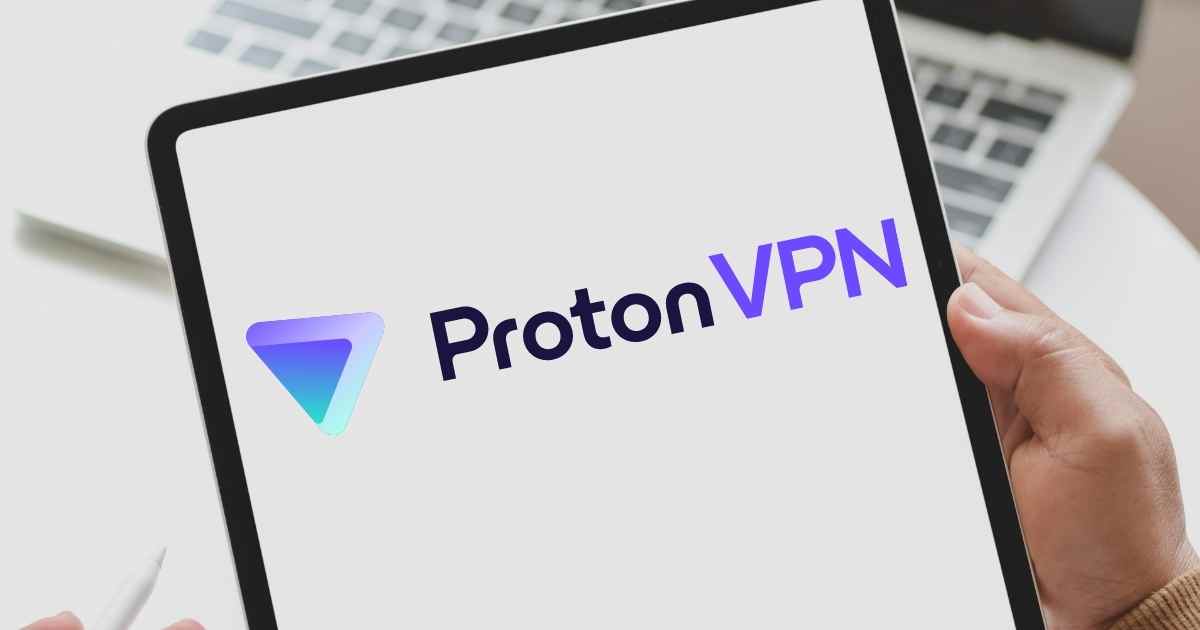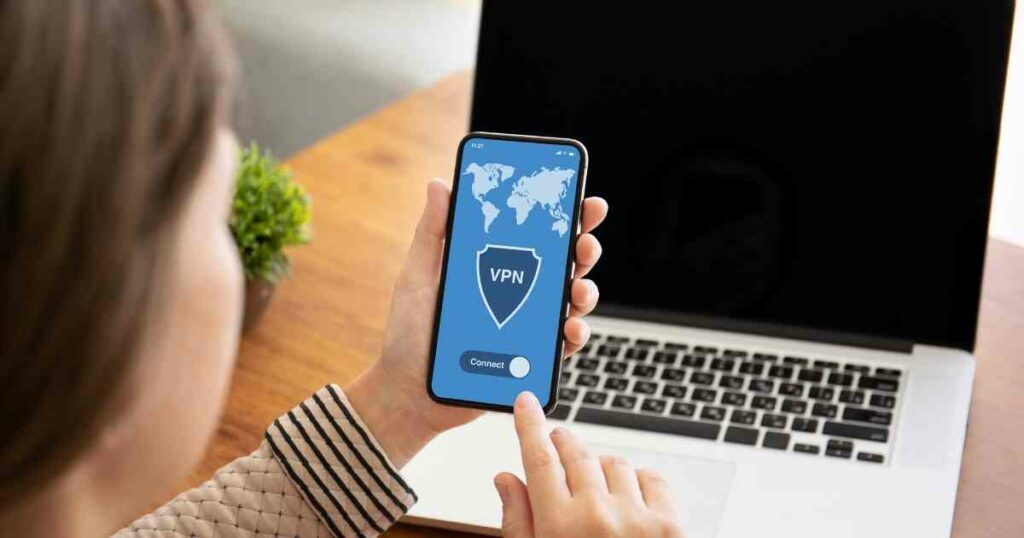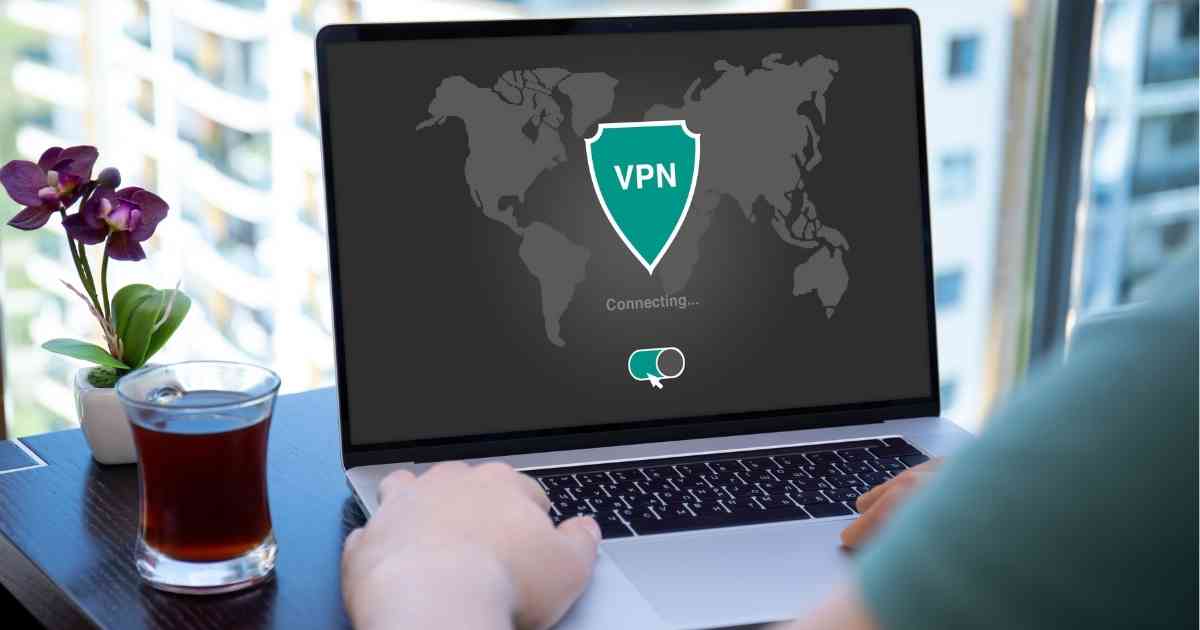by Reese Kimmons, MS ISA
Virtual private network (VPN) applications secure your data, protect your privacy, allow you to browse your Internet connection with anonymity, and mask your physical location. Depending on where you are in the world and what you’re doing online, your primary reason for using one could be any one of these attributes.
But how do you choose one that best meets your needs? How much will you have to pay a VPN provider? What should you look for when making your selection?
I’m going to share with you the reasons why I chose the VPN application that I use and how I use it. Perhaps this will be helpful to you when selecting a VPN for yourself.
My VPN Choice: ProtonVPN

In Switzerland, laws protecting personal privacy are among the strongest in the world. The Swiss value their right to online privacy and their statutes reflect this. A couple of years ago, I began using ProtonMail, a secure, encrypted, privacy-based email application from Switzerland’s Proton Technologies AG.
Emails sent via ProtonMail are encrypted end-to-end and not even the engineers at Proton Technologies can unencrypt them. ProtonMail users need not worry about their sensitive emails and attachments falling into the wrong hands or that they will be scanned or monitored by Proton Technologies or anyone else.
Because I appreciate the level of privacy offered by ProtonMail, I decided to give ProtonVPN a try in mid-2021, about four years after it was initially released in June of 2017. I started out with the free version on my Android mobile device, and although that version uses a limited number of servers and doesn’t have the bandwidth of its paid ProtonVPN counterparts, it performed well and was very easy to use.
After experimenting with it for a few months, I upgraded to a paid version and also installed ProtonVPN on my laptop.
ProtonVPN Offers Several Versions
At the time of this writing, the following ProtonVPN versions and prices were being offered:
- Free – A single VPN connection (one device, only) with access to 24 VPN servers in three countries (U.S. included), “medium speed” connection, Proton’s strict “no-logs” user privacy policy, and the ability to access content blocked in some countries
- Basic ($48 per year) – Two VPN connections with access to over 350 VPN servers in more than 40 countries, high-speed internet connection, and all of the features of the free version plus AdBlocker/NetShield protection against ads, trackers and malware along with support for P2P and BitTorrent file sharing protocols
- Plus ($96 per year) – Up to ten VPN connected devices with access to more than 1,000 VPN servers in 63 countries, speeds up to 10Gbps, and all the features of the other plans plus additional streaming support, Secure Core VPN that adds online privacy and protection by routing your traffic through multiple servers, and Tor VPN which routes your traffic through the Tor network with a single mouse click
- Visionary ($288 per year) – all of the features of the other plans plus a ProtonMail account with access to all ProtonMail paid and free services
Why I Chose the Basic Plan
I use the Brave Browser, Brave’s default DuckDuckGo search engine, and Quad9 DNS, all free tools that block online activity trackers and ads and minimize data collection while I browse the Internet.
Because I use these digital privacy tools, I don’t always use my VPN. This being the case, I opted for the basic ProtonVPN plan after first experimenting with the free version.
How I Use My VPN

I use my ProtonVPN when I’m shopping online, logging into bank accounts, transacting other financial business, doing my taxes, and engaging in other Internet activities involving the transfer of sensitive data. If I need to use a public Wi-Fi network, I’ll certainly use my VPN then.
Because I live in the US, I don’t have much of a need to use a VPN to access regionally-blocked content, but the basic ProtonVPN account could be used for that purpose if the need arose.
The connection speeds I get with my basic account are more than sufficient to stream 4k video, and, with more than 350 VPN providers in 40+ countries to choose from, it’s very likely that someone in a blocked location could find a server that would provide access to censored or blocked content.
My ProtonVPN Speeds
When connected to my home Wi-Fi with my Android phone, I typically see download speeds of around 240 Mbps. With the free version of ProtonVPN, my average speeds dropped significantly to 80-85 Mbps. Still, when you consider that you can stream 4k video content with speeds as low as 18Mbps, I hardly noticed that drop to 80-85.
With the basic paid ProtonVPN service, my VPN-connected download speeds on my phone went from 80-85Mbps to an average of around 115Mbps during high-traffic hours. I get comparable speeds when using the basic version with my laptop.
I have not had any problems with connection loss or service disruption with either the free or basic versions of ProtonVPN.
Easy-to-Use Interface

Once you’ve logged into ProtonVPN, you can simply click the Quick Connect button to be connected to the closest VPN server with the most available bandwidth. Alternatively, you can choose from a list of available servers in different countries. This comes in handy if you’re trying to access geographically-restricted content.
When you manually select a server, you are provided with information about the current load on that server, which may indicate that you should look for an alternate choice that isn’t so busy.
The easy-to-use ProtonVPN graphic interface displays a map of the world with markers showing the locations of available VPN servers and provides a list of those servers arranged alphabetically by location. The user interface also displays real-time speed and data volume transfer information and has a graph for those of us who like visuals.
Final Thoughts…
Both PCMag and Forbes ranked ProtonVPN among their top four choices, with PCMag placing it in the “outstanding” category and giving it a ranking of 4.5 out of 5 stars. We’ve also performed our own extensive review of ProtonVPN that you can read here.
I’ve been very satisfied with my ProtonVPN, and having been a fan of ProtonMail and Swiss privacy laws for several years, I have no plans to switch to another provider.
There aren’t many free VPN providers I would recommend. In fact, some free VPN services have actually been found to be collecting data concerning users’ internet activities and sharing it with third parties while blocking others from doing that very thing.
But if you’d like to give ProtonVPN a try, I would suggest checking out the free version. You’ll get an idea of how the interface works, and if the speeds offered by the free version are sufficient, you can be certain that any of the paid ProtonVPN offerings would meet your needs should you choose to upgrade.
For links to detailed reviews of other VPN services that may be helpful to you when deciding on how to best keep your online activity private, visit our VPN Reviews page.
About the Author:
Reese Kimmons is an experienced IT executive with an AAS in Applications Programming, a BS in IT Management and an MS in Information Security and Assurance. During his time in the IT industry, Reese has earned certifications in ethical hacking, forensics investigations, ISO/GIAC, and Cisco networking.
- How Secure is Your Car? Tips to Stop Car Key Fob Hacking - December 17, 2022
- Cybercriminals Raking in Millions with “Hi Mom” WhatsApp Scam - December 17, 2022
- EU Websites Charging Visitors to Reject Tracking Cookies: A Practice Expected to Spread - December 17, 2022





